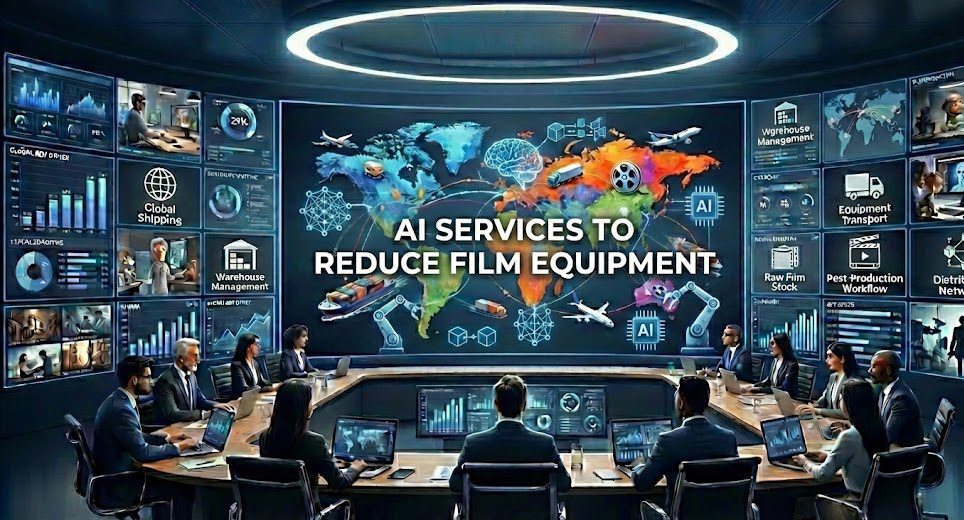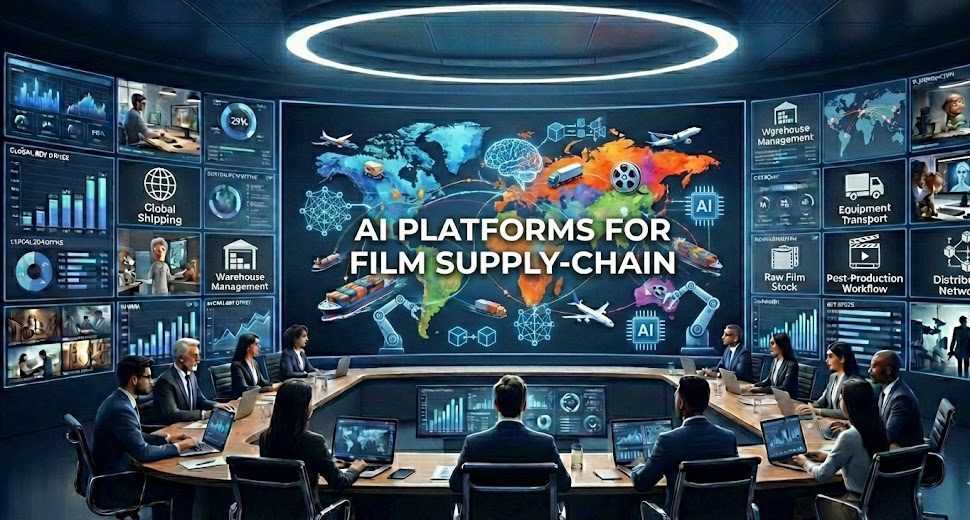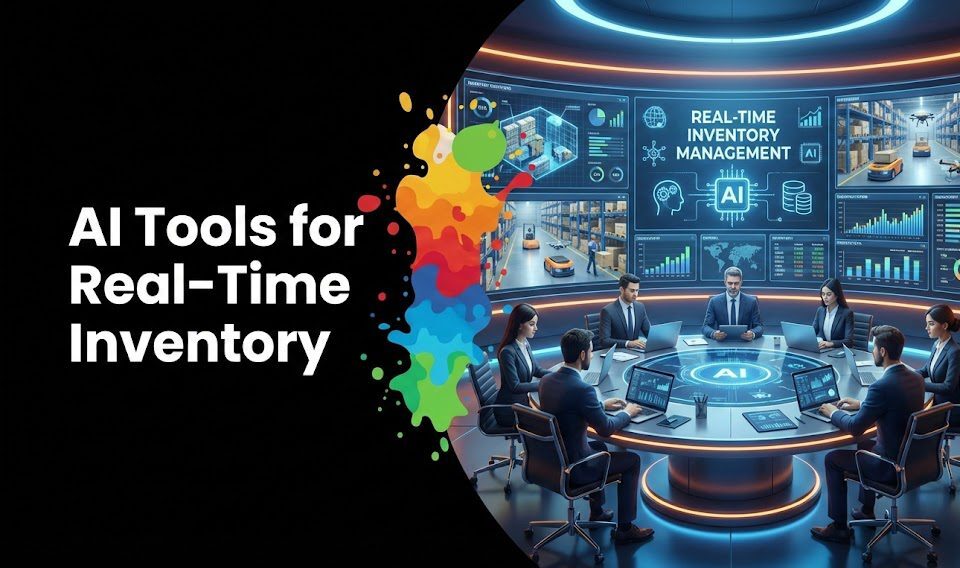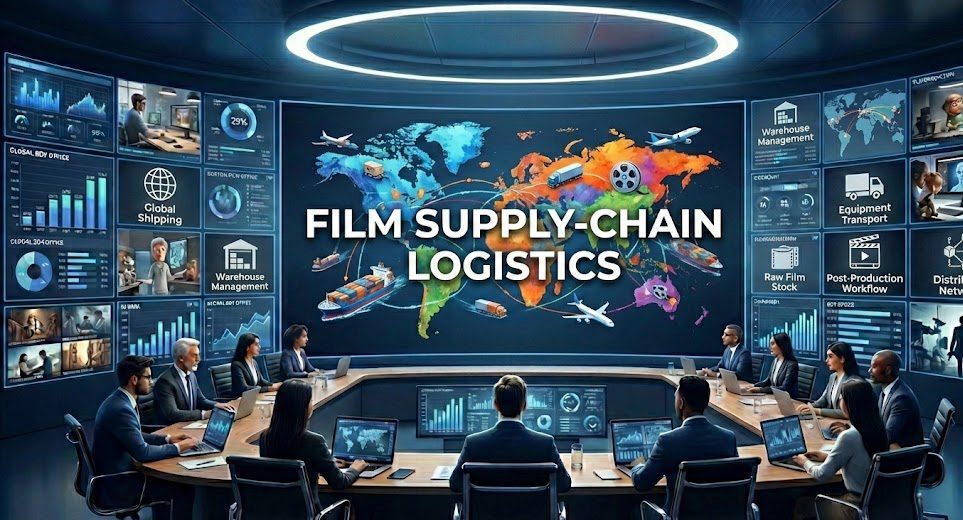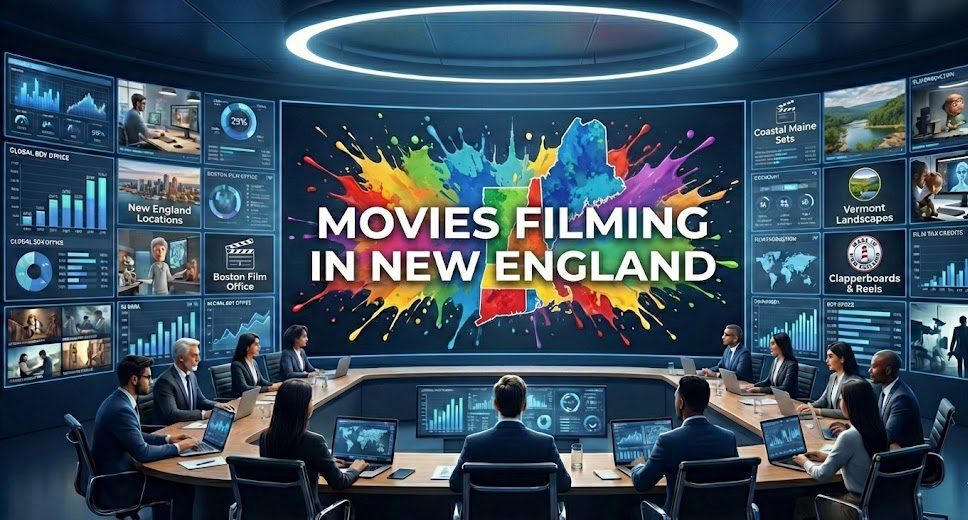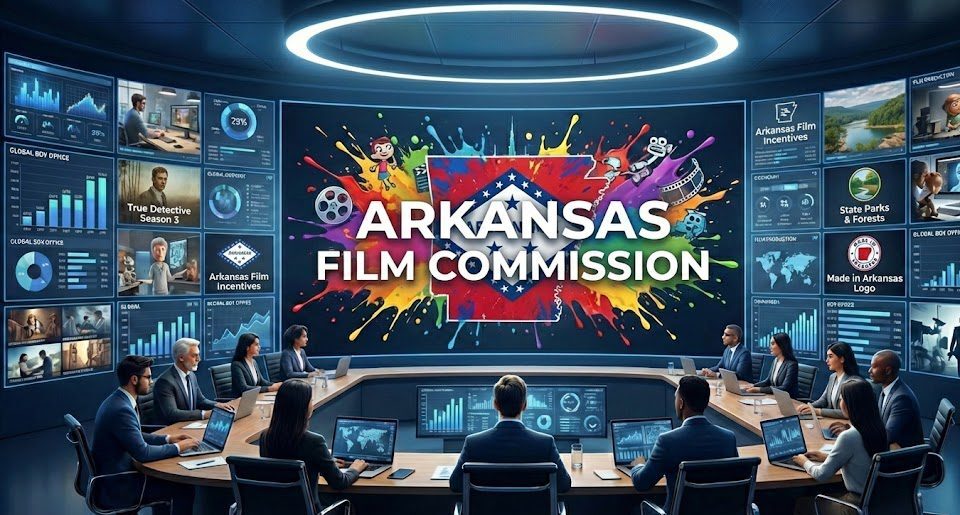Introduction
A production deal is a contractual agreement between a production company and a studio, network, or distributor, outlining the terms for developing, financing, and producing content such as films, TV shows, or digital media. These deals help streamline content creation by securing funding, distribution, and creative resources in advance.
Production deals can take various forms, including first-look deals, overall deals, and co-production agreements, each offering different levels of creative control, financing arrangements, and distribution rights. For production companies, these deals provide financial stability and guaranteed project pipelines, while studios and networks gain exclusive access to fresh content and top creative talent.
Stay Ahead with Industry-Leading Insights

What is a Production Deal?
A production deal is a formal agreement between a production company and a studio, network, or financier that outlines the terms for producing content such as films, TV shows, or digital series. These deals define responsibilities, budgets, profit-sharing, and creative control between the parties involved.
For production companies, securing a production deal means guaranteed funding, distribution, or both, while studios and financiers gain access to valuable content without assuming full production risks.
Types of Production Deals in Film & TV
There are several types of production deals tailored to different business models and content requirements:
1. First-Look Deal
A first-look deal gives a studio or network the first right to consider a production company’s project before it’s pitched elsewhere. If the studio passes, the producer can shop it around.
2. Overall Deal
In an overall deal, a studio pays a production company or individual producer a set fee to develop multiple projects exclusively for them, providing creative freedom within a secure contract.
3. Co-Production Deal
A co-production deal involves two or more production entities pooling resources, sharing costs, and jointly owning the project, often used for international collaborations.
4. Output Deal
An output deal ensures that all or a specific number of a producer’s projects go directly to a distributor, streaming platform, or broadcaster, securing consistent distribution.
5. Negative Pickup Deal
In a negative pickup deal, a distributor agrees to purchase a film once it’s completed. The producer secures financing independently and delivers the film per contract terms.
How a Production Deal Works
The process of structuring a production deal involves several steps:
- Pitching & Negotiation: Producers pitch their project to potential studios, networks, or financiers. If interested, negotiations begin.
- Agreement Drafting: Lawyers and business affairs teams draft a contract covering rights, budgets, timelines, and revenue-sharing.
- Financing & Pre-Production: Once a deal is signed, funding is secured, and pre-production, including hiring cast and crew, begins.
- Production & Delivery: The content is produced per the agreement and delivered to the distributor or financier for release.
Scale Your Business with the Right Connections

Key Players in a Production Deal
1. Production Companies
They develop and produce content, seeking partnerships with studios, networks, or financiers.
2. Studios & Networks
Major backers that finance, distribute, or provide platforms for produced content.
3. Film Financiers
Independent financiers or investment groups that fund projects in exchange for returns on distribution.
4. Sales Agents & Distributors
Help secure distribution deals, ensuring content reaches the intended audience.
Benefits of a Production Deal
For Production Companies
✔ Secure financing for projects
✔ Access to studio and network resources
✔ Wider distribution and marketing reach
For Studios & Financiers
✔ Gain exclusive content with lower production risk
✔ Maintain control over high-potential IPs
✔ Generate long-term revenue streams
Challenges in Securing a Production Deal
While production deals offer opportunities, they come with hurdles:
- Intense Competition: Hundreds of projects vie for limited slots.
- Creative Constraints: Studios may demand creative changes.
- Financial Risks: Mismanaged budgets can derail projects.
- Market Uncertainty: Content success depends on audience trends and platform strategies.
How Vitrina Helps with Production Deals
Finding the right production deal requires access to the right market insights, potential partners, and industry trends. This is where Vitrina comes in.
Vitrina’s Global Film+TV Projects Tracker provides real-time data on every film and TV production worldwide, helping production houses, financiers, and studios:
✔ Identify potential co-production partners across 100+ countries
✔ Track film & TV projects at every stage—development, production, and post-production
✔ Find financing opportunities through mapped financiers and production studios
✔ Discover new sales & distribution prospects with deep metadata insights
For premium members, Vitrina also facilitates direct outreach and connections with decision-makers, ensuring production deals align with their strategic goals.
Conclusion
A production deal is a critical agreement that drives film and TV projects, providing financial backing, distribution security, and strategic partnerships. Understanding different types of production deals and how they work is essential for production companies, content creators, and financiers navigating the entertainment industry.
With its unparalleled global insights, Vitrina makes finding, profiling, and connecting with the right partners seamless, ensuring you make informed business decisions that lead to successful production deals.
Frequently Asked Questions
A production deal is an agreement between a production company and a studio, network, or financier that outlines terms for content creation, financing, and distribution.
A first-look deal gives a studio the first right to consider a project, whereas an overall deal provides exclusive development rights for multiple projects.
It ensures financial backing, access to distribution networks, and shared production resources while reducing risks for both producers and financiers.































